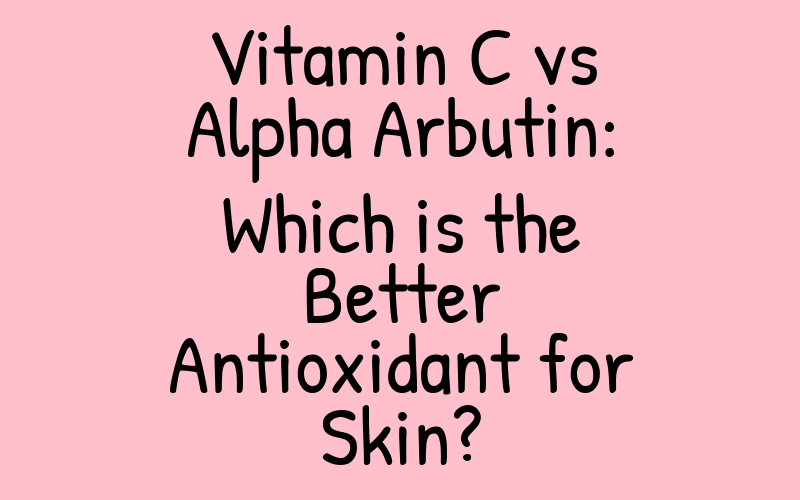Table of Contents
Comparing the Power of Vitamin C and Alpha Arbutin: Which Antioxidant Reigns Supreme for Glowing, Healthy Skin?
In the world of skincare, two natural antioxidants have garnered significant attention for their remarkable benefits: Vitamin C and Alpha Arbutin. Both have been touted as game-changers in the pursuit of radiant, youthful-looking skin. But how do these two heavy-hitters compare? In this article, we’ll delve into the key differences and similarities between Vitamin C and Alpha Arbutin, helping you determine which one is best for your skin care needs.
The Science Behind Vitamin C and Alpha Arbutin
Vitamin C, also known as ascorbic acid, is a water-soluble antioxidant found in various natural sources such as citrus fruits, berries, and leafy greens. It’s renowned for its impressive ability to stimulate collagen production, reduce fine lines and wrinkles, and brighten the complexion. On the other hand, Alpha Arbutin, a degradation product of arbutin, is a naturally occurring beta-hydroxy derivative found in plants like bearberry, wheat, and pear. It’s celebrated for its potent inhibitory effects on melanin production, making it an excellent lightening agent for reducing dark spots and hyperpigmentation.
Vitamin C: The Leader in Oxidative Stress Defense
As a potent antioxidant, Vitamin C plays a crucial role in protecting the skin against oxidative stress and environmental stressors. It does this by neutralizing free radicals, which are unstable molecules that can cause damage to skin cells. Vitamin C’s antioxidant properties also enhance the skin’s natural repair process, promoting healthy collagen synthesis and improved skin elasticity. Its benefits extend to brighter, more even-toned skin, making it an ideal ingredient for addressing concerns like hyperpigmentation, fine lines, and wrinkles.
Alpha Arbutin: The Whitening Agent Extraordinaire
Alpha Arbutin’s unique mechanism of action involves inhibiting the production of melanin, the pigment responsible for skin darkening. This property makes it an effective lightening agent for treating unwanted discoloration, freckles, and age spots. It’s particularly beneficial for individuals with darker complexions, as it helps to even out skin tone and reduce the appearance of brown spots. Additionally, Alpha Arbutin has natural anti-inflammatory properties, which can soothe and calm irritated skin.
The Verdict: Which One Reigns Supreme?
Ultimately, the choice between Vitamin C and Alpha Arbutin depends on your skin concerns and goals. If you’re seeking a comprehensive antioxidant that can address signs of aging, brighten, and strengthen your skin, Vitamin C may be the better choice. However, if you’re struggling with hyperpigmentation, dark spots, or uneven skin tone, Alpha Arbutin’s lightening and whitening properties make it a more suitable option. That being said, it’s not uncommon to combine these two powerhouses in a skincare routine, as they can have a synergistic effect and further enhance each other’s benefits.
Summary Table: Vitamin C vs. Alpha Arbutin
| Property | Vitamin C | Alpha Arbutin |
|---|---|---|
| Antioxidant Properties | Neutralizes free radicals, promotes collagen synthesis | Inhibits melanin production, reduces oxidative stress |
| Skin Concerns | Fine lines, wrinkles, hyperpigmentation | Dark spots, uneven skin tone, freckles |
| Skin Effects | Brightens, firms, and tightens the skin | Lightens, evens out skin tone, reduces discoloration |
Recommended Products
-
 Perfect Skin Extra Strength Rejuvenating SetKD7.000
Perfect Skin Extra Strength Rejuvenating SetKD7.000 -
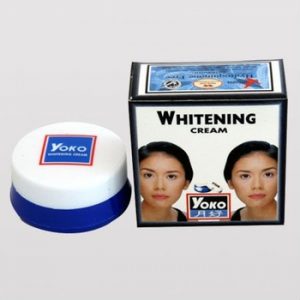 Yoko Whitening Cream 5gKD0.500
Yoko Whitening Cream 5gKD0.500 -
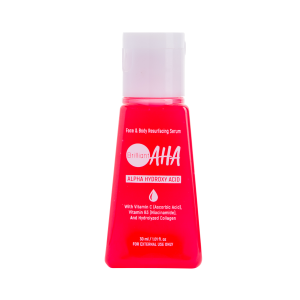 Face & Body Resurfacing Serum (Brilliant AHA) 30 mLKD3.000
Face & Body Resurfacing Serum (Brilliant AHA) 30 mLKD3.000 -
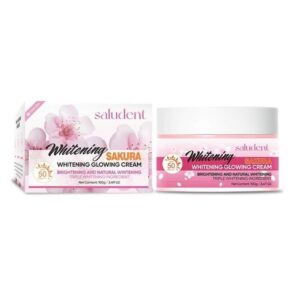 saludent, Whitening Sakura Whitening Glow Cream SPF50 100gKD6.000
saludent, Whitening Sakura Whitening Glow Cream SPF50 100gKD6.000 -
 INTICARE intiWomen Women’s Vagi Biotics 30’sKD9.000
INTICARE intiWomen Women’s Vagi Biotics 30’sKD9.000 -
 Barley Gummies with Super Greens 1200mg 60 GummiesKD7.000
Barley Gummies with Super Greens 1200mg 60 GummiesKD7.000 -
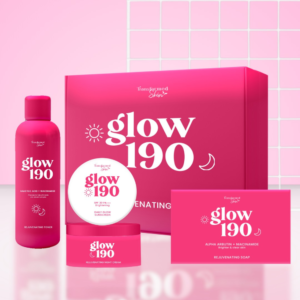 Glow 190 Rejuvenating Set by Transformed SkinKD8.000
Glow 190 Rejuvenating Set by Transformed SkinKD8.000 -
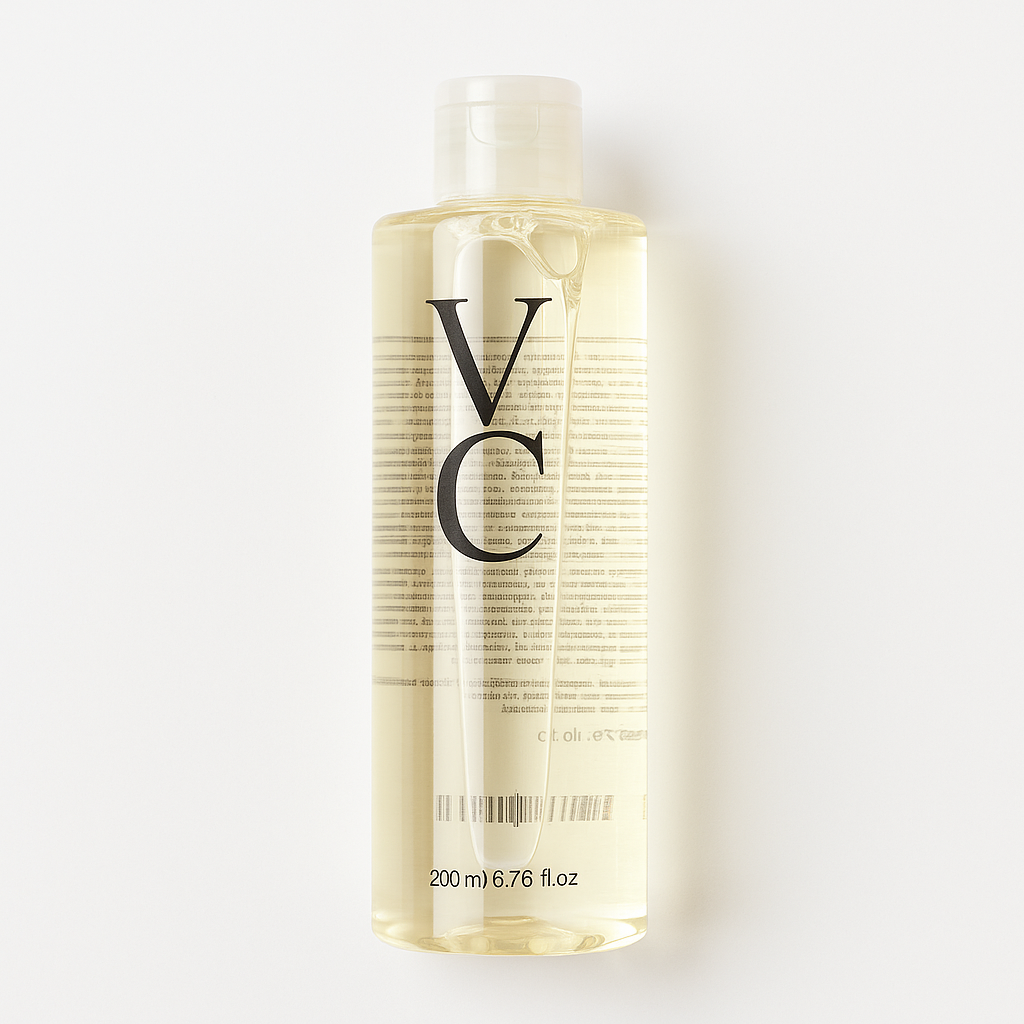 VC Toner 500mlKD5.000
VC Toner 500mlKD5.000 -
Product on sale
 Beauty Collagen Vitamin C Powder 300gOriginal price was: KD15.000.KD13.000Current price is: KD13.000.
Beauty Collagen Vitamin C Powder 300gOriginal price was: KD15.000.KD13.000Current price is: KD13.000. -
Product on sale
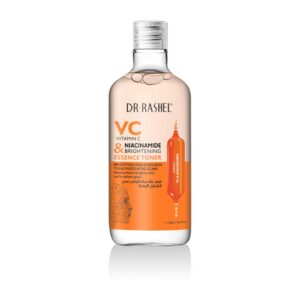 Dr.Rashel Vitamin C Niacinamide Brightening Essence Toner – 500mlOriginal price was: KD3.990.KD3.100Current price is: KD3.100.
Dr.Rashel Vitamin C Niacinamide Brightening Essence Toner – 500mlOriginal price was: KD3.990.KD3.100Current price is: KD3.100. -
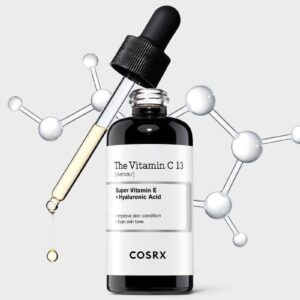 The Vitamin C 13 Serum 20mlKD6.500
The Vitamin C 13 Serum 20mlKD6.500 -
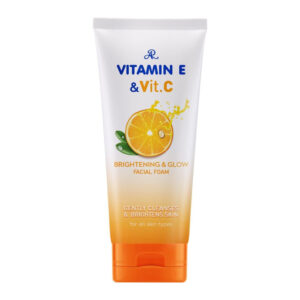 AR Vitamin E & Vit C Brightening Glow Facial Foam – 190gKD4.000
AR Vitamin E & Vit C Brightening Glow Facial Foam – 190gKD4.000 -
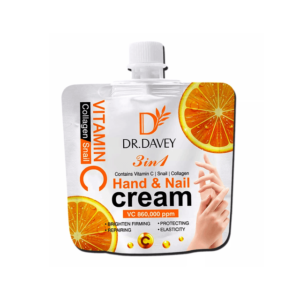 Dr. Davey Vitamin C Hand & Nail Cream – 30gKD2.490
Dr. Davey Vitamin C Hand & Nail Cream – 30gKD2.490 -
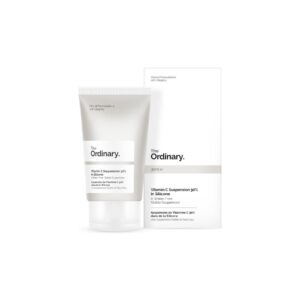 The Ordinary Vitamin C Suspension 30% in Silicone – 30mlKD6.000
The Ordinary Vitamin C Suspension 30% in Silicone – 30mlKD6.000 -
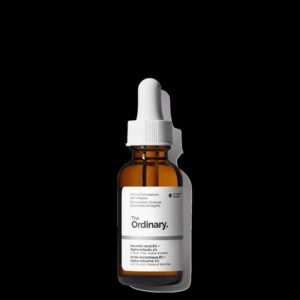 The Ordinary Ascorbic Acid 8% + Alpha Arbutin 2% Serum 30mLKD6.000
The Ordinary Ascorbic Acid 8% + Alpha Arbutin 2% Serum 30mLKD6.000 -
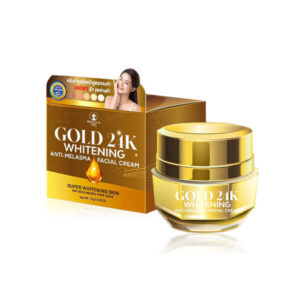 Precious Skin Gold 24K Whitening Anti-Melasma Facial Cream 15gKD2.450
Precious Skin Gold 24K Whitening Anti-Melasma Facial Cream 15gKD2.450 -
 Dr.Davey Vitamin C Whitening Moisturizing After Bathing – 300mlKD2.490
Dr.Davey Vitamin C Whitening Moisturizing After Bathing – 300mlKD2.490 -
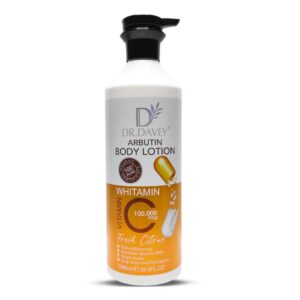 Dr. Davey Arbutin Body Lotion – 1080mlKD4.500
Dr. Davey Arbutin Body Lotion – 1080mlKD4.500

